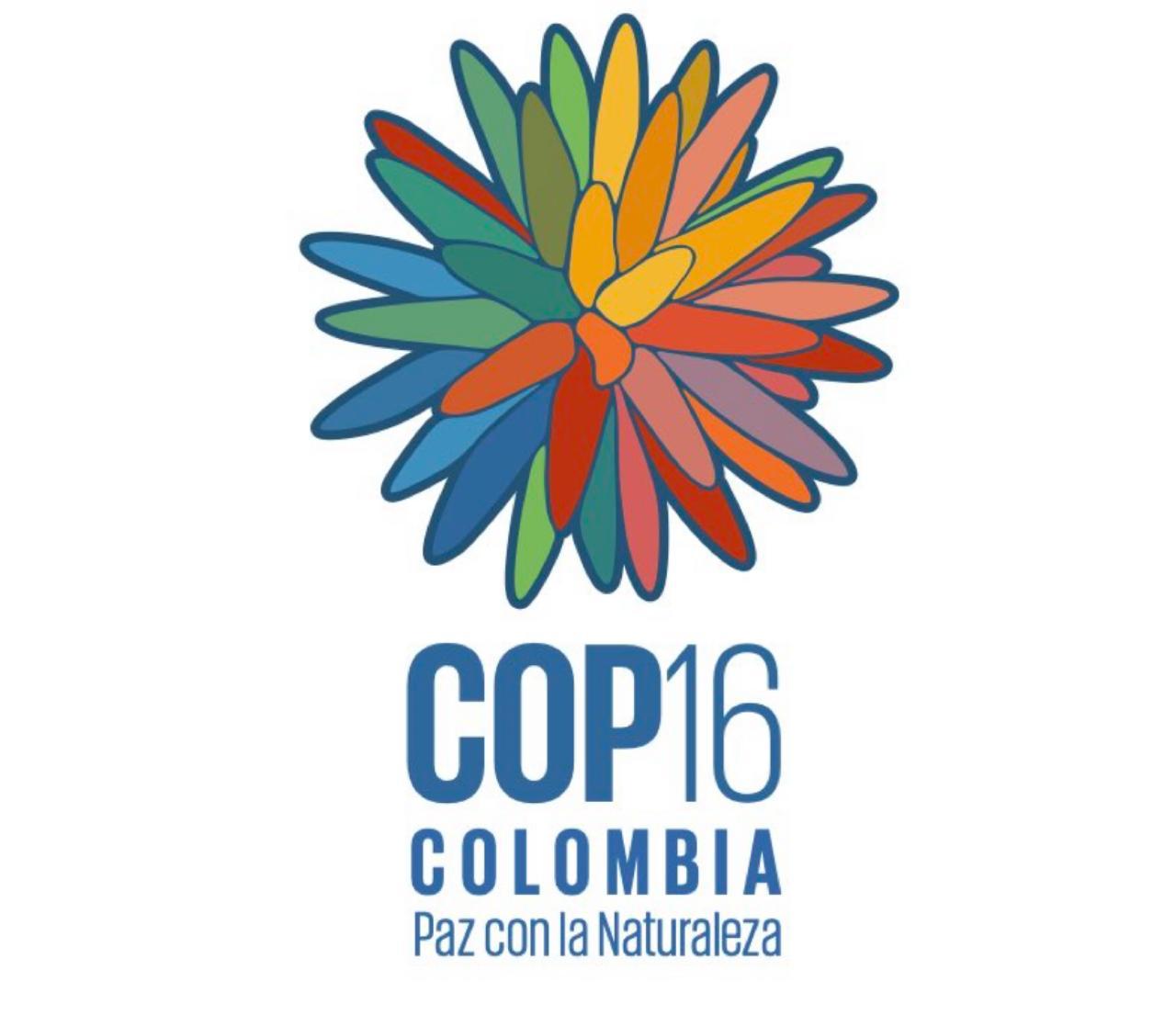Ratifying its leadership in the biodiversity and climate talks, Minister Susana Muhamad, accompanied by David Cooper, Acting Executive Secretary of the UN Convention on Biological Diversity, presented to the United Nations Environment Assembly, the image that Colombia will have during the COP16 and a message to make ‘Peace with Nature’.
“We are launching the official logo of the COP16 in Cali, which is the flower of Inírida, which will represent the message of ‘Peace with Nature’, which means the representation of those unique issues that bring biodiversity. The flower is endemic to Guainía and is a flower that never dies, its petals never fall apart. We hope that the COP16 in Colombia can help the world to make peace with nature so that we can sustain and maintain life on the planet forever”.
The flower of Inírida was the inspiration to create the image, which, from today, becomes the emblem representing the country during the COP16 on Biodiversity. Conformed by the 23 global goals of the Kunming-Montreal global framework on biodiversity and the 13 ecoregions of Colombia, the flower sends a message of reconciliation, joy and union of Colombians to advance the most important international environmental event in the history of the country.
“I would like to congratulate Minister Susana Muhamad, the government of Colombia and the city of Cali for their energetic mobilization to carry out COP16. The eloquent logo featuring the Inírida flower symbolizes the beauty and diversity of Colombia. Under the theme of Peace with Nature, COP16 will bring the world together to promote and support the implementation of the Biodiversity Plan – the Kunming-Montreal Global Biodiversity Framework” David Cooper, Interim Executive Secretary, Convention on Biological Diversity.
Peace with Nature, the slogan of COP16.
Peace with Nature’, the message that will be sent from Colombia to the world, is based on the recognition of the current unequal relationships, and extractive activities that overexploit the capacities of nature and that raise the need to improve the relationship between humans and ecosystems.
Legal and illegal extractive economies, particularly those associated with fossil fuel economies such as mineral or hydrocarbon extraction, generate degrading practices that violate human rights and increase the contexts of conflict and violence. It is in this scenario that the world must begin to make “Peace with Nature”.
In his speech to the United Nations General Assembly, the Secretary-General, Antonio Guterres, stated that making peace with nature requires understanding that we are facing a triple crisis that intertwines climate change, pollution and loss of biodiversity, which, in the end, becomes a suicidal war because, without nature, humanity could not exist on the planet.

